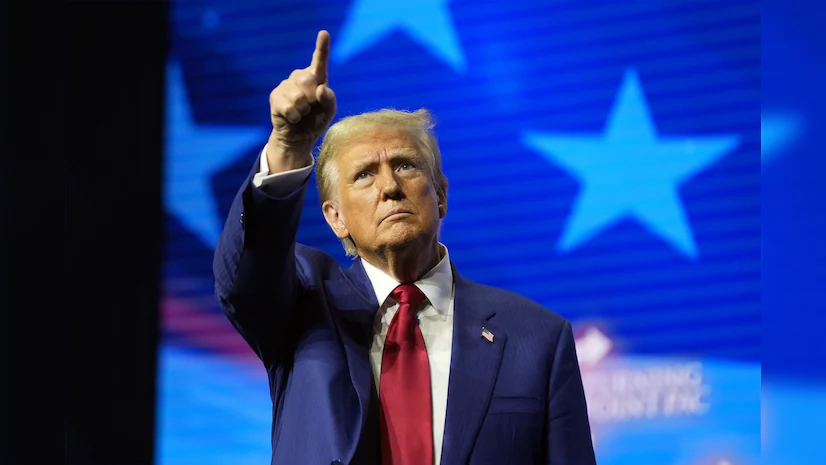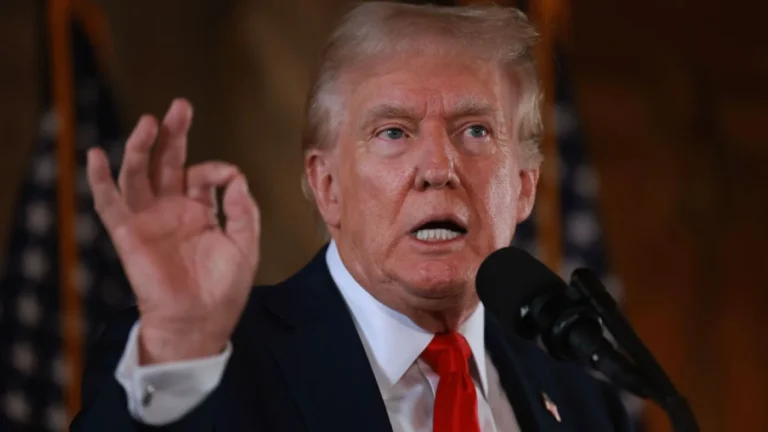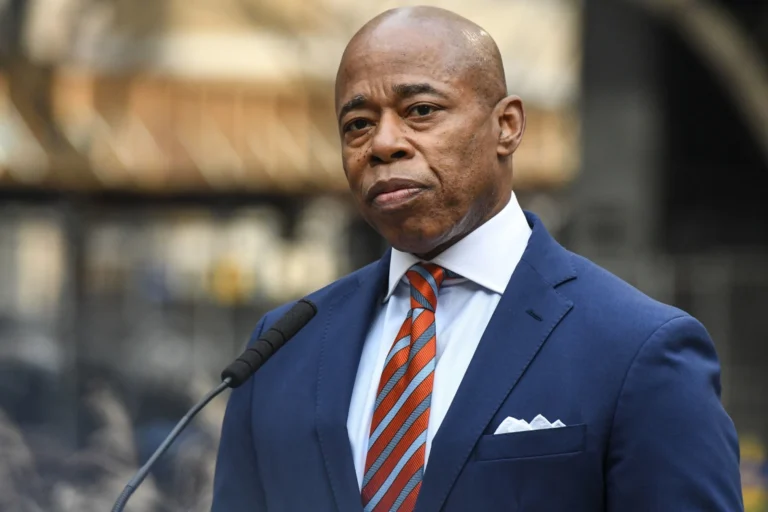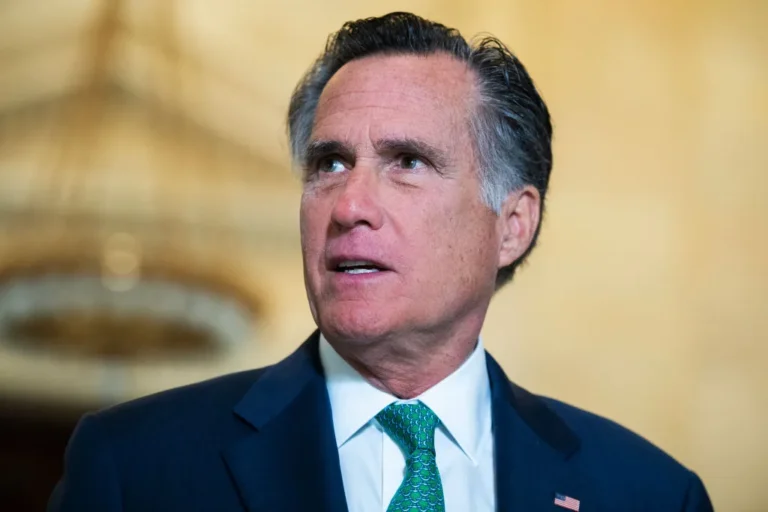The United States stands as the world’s largest economy and foremost military power, but it also serves as a cornerstone for numerous international strategic alliances. According to the United Nations, 2024 is poised to be “the biggest election year in human history,” with approximately 3.7 billion people across 72 countries eligible to vote. However, not all elections hold the same weight; the global community is closely observing the upcoming U.S. elections, recognizing their potential ramifications.
These elections mark a critical juncture in American history, carrying significant implications for domestic governance and the future of the post-war global order that the U.S. has largely shaped. For the first time since 1945, fundamental aspects of U.S. foreign relations are at stake. Voters face a choice between Donald Trump’s Republican Party, which may signify a dramatic shift away from the U.S.’s traditional role in international affairs, and Kamala Harris’s Democratic agenda, which advocates for continued global engagement. Under Harris, the U.S. is expected to maintain its influential role in NATO.
A notable challenge to U.S. foreign policy is Trump’s proposal for a universal 20% tariff on all foreign imports, with even steeper tariffs of 60-200% on Chinese goods. Such policies threaten to drive inflation, harm the American economy, and provoke trade wars, disrupting the global economy. By restricting access to the U.S. market, these tariffs could also hinder global efforts toward a zero-carbon future.
Trump’s stance on climate change further highlights his break from established policies. He has indicated plans to withdraw from the Paris Agreement, roll back Biden-era environmental protections, and promote the unregulated extraction of U.S. oil and gas, all of which could significantly increase carbon emissions and undermine international climate initiatives.
The elections will also determine the U.S. commitment to defend its allies against adversarial nations. As a NATO member, the U.S. is obligated to assist fellow members under Article 5 in the event of an attack, and it has similar treaties with Japan and South Korea. The Biden administration has actively supported Ukraine with military and financial aid in its struggle against Russian aggression.
In contrast, Trump has suggested he would withdraw this support, pushing Ukraine to accept a peace deal on Moscow’s terms. Rather than viewing alliances as sources of strength, Trump perceives them as potential liabilities.
Concerns about Trump’s intentions are echoed by former officials like ex-national security advisor John Bolton, who fears Trump may attempt to withdraw the U.S. from NATO during a second term or weaken its effectiveness through minimal support. In Asia, Trump’s recent remarks suggesting that Taiwan should “pay us for defense” imply a diminishing U.S. commitment to the island.
Moreover, the legitimacy of U.S. elections and the peaceful transition of power are under scrutiny. Since entering the Republican primary in 2016, Trump has consistently refused to acknowledge any election loss. Astonishingly, he has persuaded a significant majority of Republican voters to believe the 2020 election was fraudulent, with only a third deeming it legitimate. Such erosion of faith in the electoral process poses challenges for national unity post-election.
For Trump supporters, a solution to these concerns lies in Project 2025, a policy blueprint from a conservative think tank, which proposes replacing thousands of federal officials with loyalists and dismantling various federal agencies, including the Departments of Justice, Energy, and Education, as well as the FBI and Federal Reserve. This approach aims to facilitate the implementation of an authoritarian agenda, which could include the mass deportation of undocumented immigrants using military force if deemed necessary.
Since its founding in 1776, the U.S. experiment in democracy has captivated and inspired many around the world. Yet, never before has this democracy appeared so vulnerable. Deep divisions persist over critical issues like taxation, immigration, abortion, trade, and environmental policy, and these fractures now seem to overshadow respect for democratic institutions and traditions. Many Americans appear unable to accept electoral outcomes or the legitimacy of their leaders. Consequently, the stakes of this election—and how it will shape governance in the U.S.—are higher than ever before.






